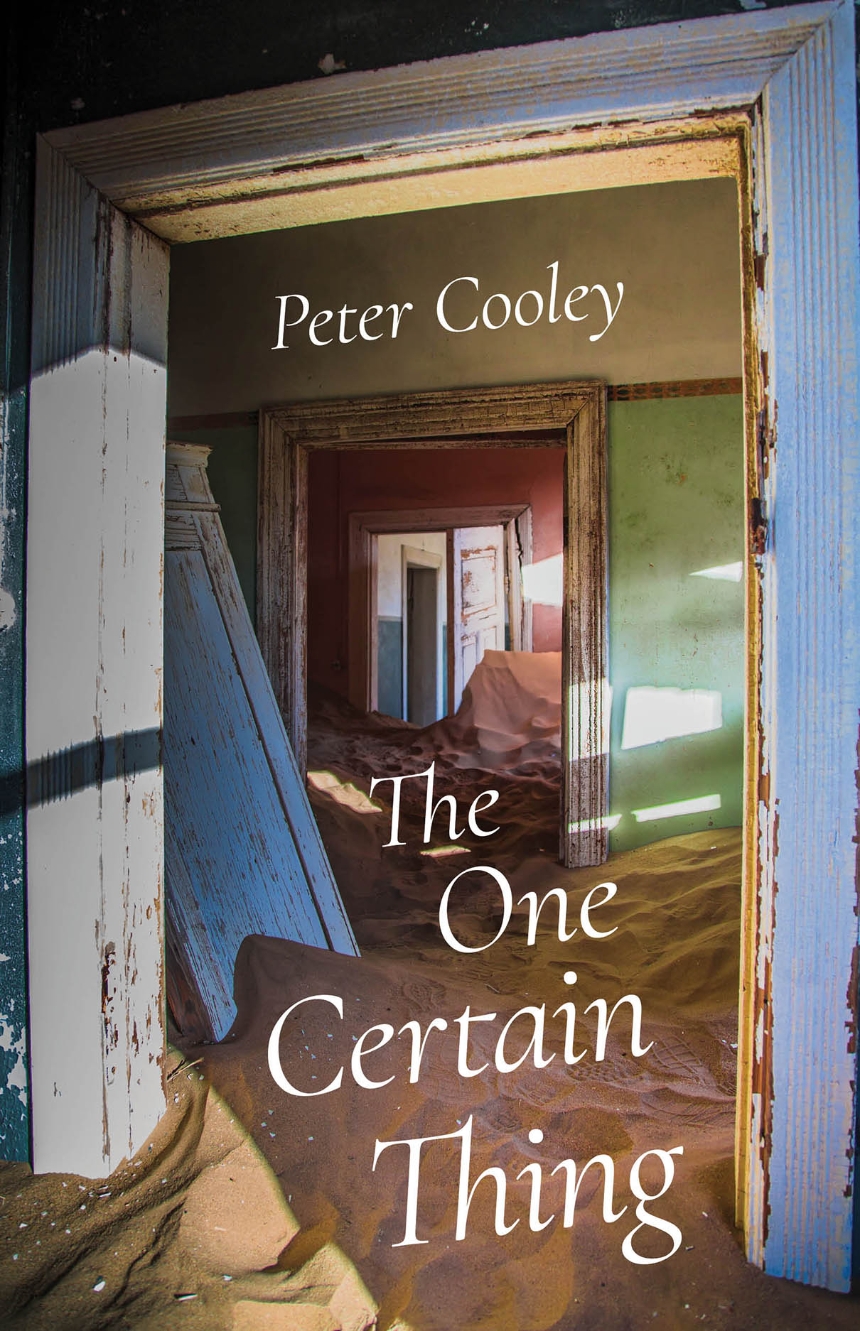Distributed for Carnegie Mellon University Press
The One Certain Thing
Peter Cooley’s eleventh book of poetry is an elegy, not only of lamentation but also of self-reckoning in the face of his wife’s sudden death, after a marriage of half a century. The three-part conversation between the speaker, his wife, and God, plays across landscapes of home and the natural world. Faith and imagination carry us backward until the past and the present are one in language.

